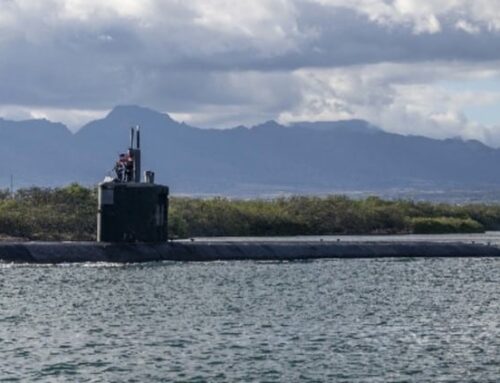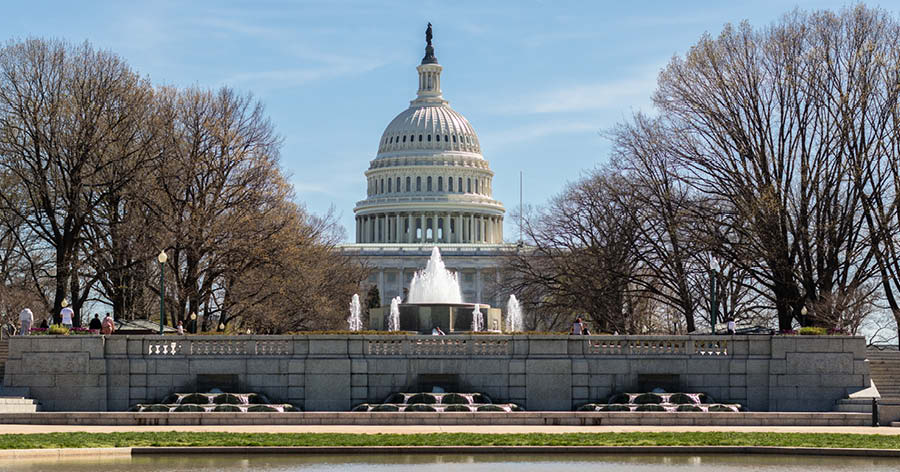Did you see the one where the President announces a plan to build a spacecraft to enable astronauts to land on an asteroid? Where a White House science advisor observes that an asteroid led to the extinction of the dinosaurs and this “would demonstrate once and for all that we're smarter than the dinosaurs and can avoid what they didn't.”
If you guessed Armageddon or Deep Impact or any other disaster flick, unfortunately, you're wrong. Nope, this was the scene a few weeks ago in Cape Canaveral as President Obama tried to take a few steps back from his original plan to cut $3.5 billion allotted to the troubled Constellation program in his fiscal year 2011 budget.
The Constellation program had its launch in the heady days of early 2004 when President Bush was getting his re-election campaign off the ground. In a politically savvy but cynical maneuver, the plan called for winding down the U.S role in the international space station and only design and planning for the moon mission during the remainder of the Bush Administration. The big costs for ramping up activities in designing the Crew Exploration Vehicle, boost rockets and other developments were put off until the next administration. So President Bush got to claim this big new vision and a return to space, while leaving the check for his promises to the next guy.
The Obama Administration rightly decided to put a stop-payment on that check and ran into a buzz saw of opposition from space fans and politicians. Well, at least politicians from Florida, Alabama, Texas and anywhere the components for Constellation were slated to be built. But instead of sticking to their guns about stopping the troubled program, the administration is backpedaling, keeping part of it alive, promising more cash to NASA and targeting 2025 for landing on an asteroid.
We don’t need or want our critical space and research funding to be just another jobs program. Like all science and defense spending, we need these programs to be selected and funded based on merit and need, not politics. When President Kennedy challenged America to go to the moon, it wasn’t about creating jobs.
Manned space exploration has been in search of a rationale for decades. The justification for the international space station was largely about having something for the space shuttle to do. Now that the station is largely built, it’s on to the next thing.
NASA’s greatest achievements in recent years have been unmanned space exploration. The images sent from the Mars rover and far flung probes have captivated the country and the world, yielded significant scientific research, and all at a fraction of the cost of manned exploration.
Clearly the U.S. can put a man in orbit or on the moon or on another plan– cough, cough – on an asteroid. But what we have yet to see is why and how the benefits outweigh the costs. This isn’t some summer blockbuster. We are a nation in serious debt, and we can’t afford to shoot the moon – or an asteroid.














Get Social